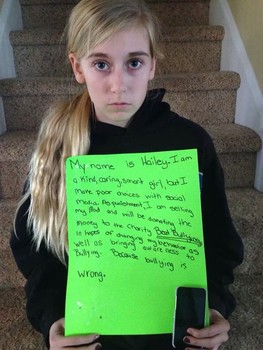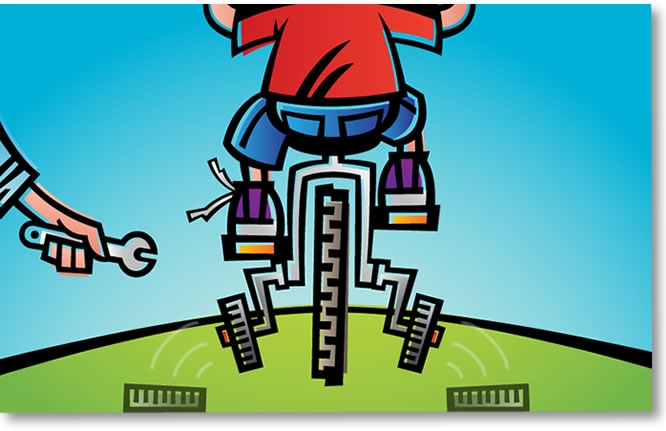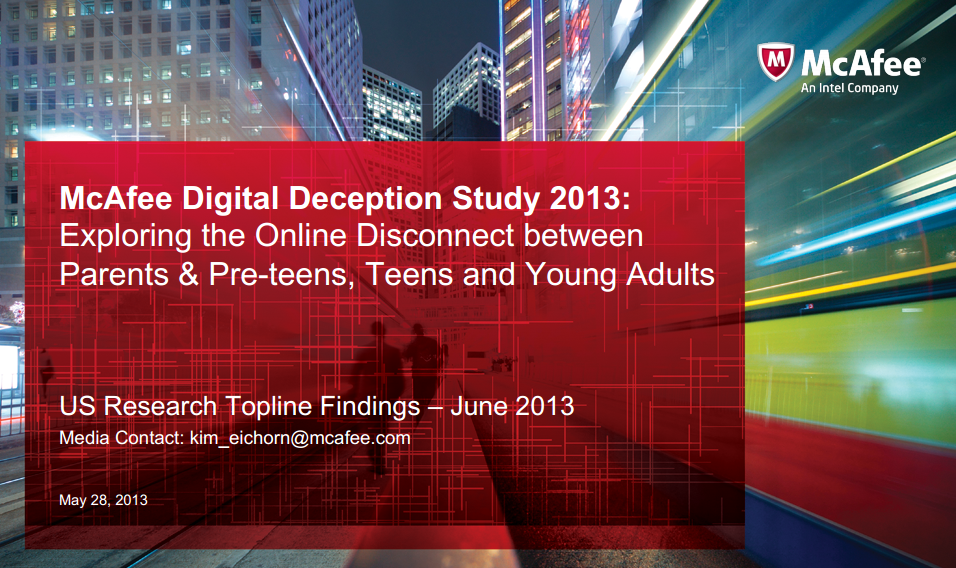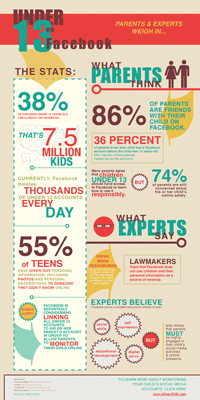As your children grow into their tween and teen years, they begin expanding their social circles beyond your immediate neighborhood and their classrooms. They grow curious about the Internet, Facebook, Twitter, Instagram, Ask, Reddit and other social networking sites popular with teens and young adults. it’s inevitable – your daughter comes up to you and asks for your permission to set up a social networking profile. Whether she’s legally allowed by networking sites or not, you’re not sure you want her venturing into that world yet.
“I Met This Boy...”
After getting your permission and that of your partner, your daughter created a Facebook account with your supervision. As her mother, you have been conscientious about monitoring her time online, not allowing her to spend time in her room while she’s interacting with her friends. You and your partner had her hand over her Facebook password and you log into her account regularly to supervise what she has been doing. She accepted your friend requests, however reluctantly. Up until now, everything has been going smoothly and she has been following your rules, even though she’s rolled her eyes on occasion.
You and your partner learn that she has met a boy at school. You refuse her request to send a friend request to him – neither you nor your partner feel this is a good idea, since you don’t know him. Your daughter tries arguing with you and you remind her about your ground rules. You remind her that, if she tries to get you to change your mind, or if she tries defying you, you will temporarily revoke her Facebook privileges. You learn, as you browse her account, that she did send a Facebook request to this boy. He accepted it. In response, you take her Facebook







.jpg)
.jpg)












